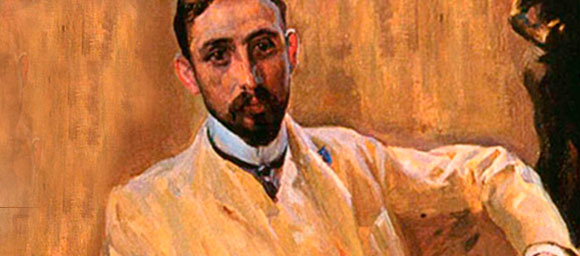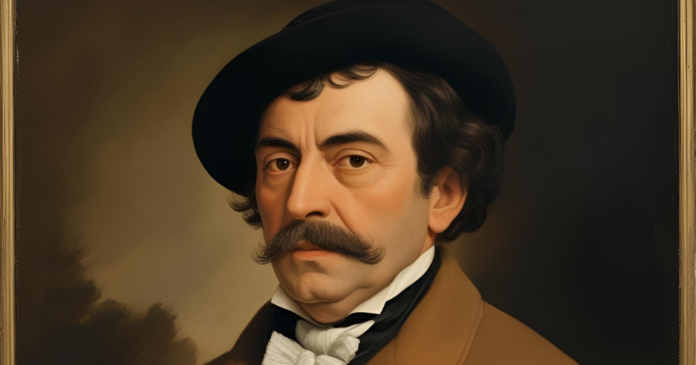By Carmen Chang,
On February 8, 2021, the seminar The Times of Juan Ramón Jiménez was held at the Colegio de España in Paris, featuring a presentation by Arturo Sánchez, a doctoral researcher in literature at Université Paris VIII. The event, moderated by Daniel Lecler (Université Gustave Eiffel), offered participants a thought-provoking journey through the poet’s reflections on time and space.
Two-part Seminar: Translation and Theory
The seminar was organized in two parts. It began with a collaborative translation workshop focused on Juan Ramón Jiménez’s aphorisms, allowing participants to engage with the subtle meanings and rhythmic structures of his language. This practical session set the stage for the second part: a more theoretical presentation exploring the poet’s philosophical writings, especially the texts Espacio (Space) and Tiempo (Time).

Time Beyond Chronology
In his presentation, Arturo Sánchez emphasized how Jiménez challenges linear conceptions of time. Drawing on poetic, philosophical, and even scientific references—including Heraclitus and Einstein—Sánchez showed that Jiménez treats time as both a lived and metaphysical experience. In Espacio, time is projected outward toward infinity; in Tiempo, it turns inward, meditating on memory, repetition, and the ephemeral.
Sánchez introduced different temporal dimensions to interpret Jiménez’s vision: Chronos (measured time), Aiôn (eternal time), and a more human, fragmented temporality. These frameworks help reveal how Jiménez’s poetry seeks not just to describe time, but to inhabit it.
Poetry as Apparition
One of the key ideas discussed was what Sánchez called “apparitional knowledge.” Instead of expressing ideas directly, Jiménez suggests them through oppositions and silences. For example, the poet doesn’t write “I am present”; rather, he builds presence through absence, or light through shadow. This approach reflects the influence of Heraclitus, whose notion of constant change resonates deeply with Jiménez’s poetry.
A Cross-Disciplinary Lens
What made the seminar stand out was its cross-disciplinary approach. Sánchez’s reading of Jiménez wove together literature, philosophy, theology, and science, showing how the poet’s work transcends boundaries. Although some passages and slides were quite dense, the seminar encouraged participants to see poetry not just as aesthetic expression, but as a way of thinking.
Conclusion
The Times of Juan Ramón Jiménez opened a space for reflection on how poetry can express the complexity of time and existence. Through Arturo Sánchez’s insightful analysis, participants were invited to view Jiménez not just as a writer of beautiful verses, but as a thinker whose work speaks to timeless human questions.
References
- Einstein, Albert. Relativity: The Special and the General Theory. Translated by Robert W. Lawson, Methuen & Co. Ltd, 1920.
- Heraclitus. Fragments. Translated by T.M. Robinson, University of Toronto Press, 1987.
- Jiménez, Juan Ramón. Espacio y Tiempo. Ediciones Cátedra, 1999.
- Lanz, Juan José. La poesía de Juan Ramón Jiménez: tradición y modernidad. Ediciones Akal, 2005.
- Lecler, Daniel. Séminaire universitaire n° 1: Les temps de Juan Ramón Jiménez. Programme de Colegio de España, Université Gustave Eiffel, 8 Feb. 2021, 17:30-19:30.
- Paz, Octavio. Los hijos del limo: del romanticismo a la vanguardia. Seix Barral, 1974.
- Spengler, Oswald. The Decline of the West. Translated by Charles Francis Atkinson, Alfred A. Knopf, 1926.




